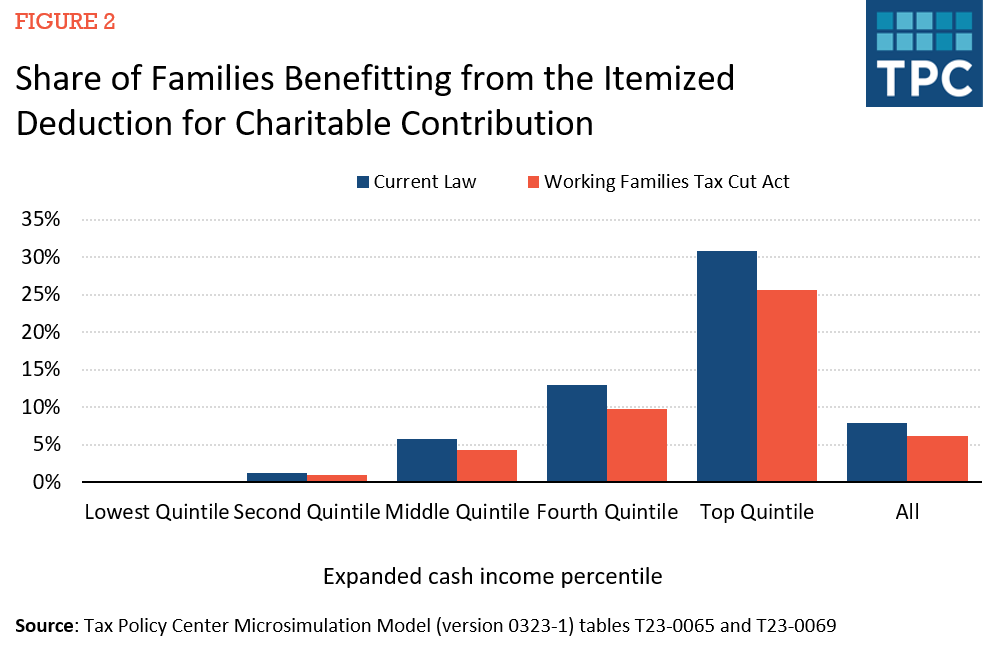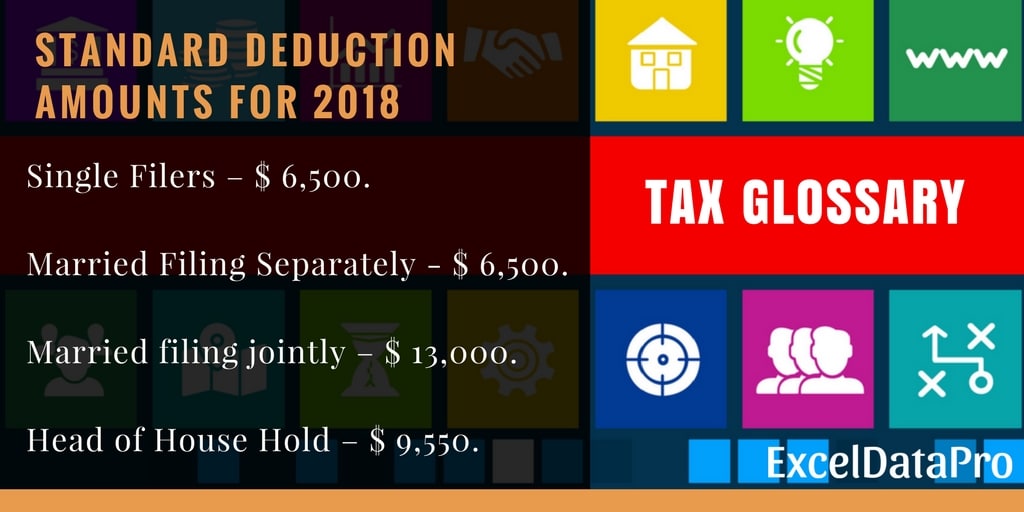The FEIE Standard Deduction checklist: what to prepare before filing
Wiki Article
Recognizing the Foreign Earned Earnings Exclusion and Its Effect On Your Typical Reduction
The Foreign Earned Earnings Exemption (FEIE) provides substantial benefits for expatriates, allowing them to exclude a part of their foreign-earned revenue from united state taxes. However, claiming the FEIE can make complex one's tax scenario, specifically pertaining to the basic deduction. Recognizing this communication is necessary for individuals living abroad. As expatriates browse these intricacies, they must think about how their selections affect their general tax responsibility. What techniques can they utilize to enhance their financial end results?What Is the Foreign Earned Revenue Exemption (FEIE)?
The Foreign Earned Earnings Exclusion (FEIE) serves as an important tax advantage for united state people and resident aliens working abroad. This provision allows eligible individuals to exclude a substantial section of their foreign-earned earnings from united state taxation, efficiently minimizing their total tax burden. The FEIE intends to minimize the monetary stress on migrants and motivates Americans to seek employment possibility in international markets. The exclusion applies to wages, incomes, and specialist costs gained while staying in an international nation. The maximum exemption amount is changed annually for rising cost of living, ensuring that it stays pertinent to current financial conditions. By making use of the FEIE, expatriates can maintain even more of their income, fostering economic security while living overseas. Overall, the FEIE plays an essential function in forming the monetary landscape for Americans abroad, facilitating a smoother change to international workplace and promoting economic involvement on a worldwide range.Qualification Needs for the FEIE
Qualification for the Foreign Earned Revenue Exclusion (FEIE) is contingent upon conference specific requirements established by the Internal Earnings Solution (IRS) Mostly, individuals have to be united state people or resident aliens that gain revenue while staying in a foreign country. To certify, they have to please one of two main tests: the Physical Presence Examination or the Authentic Residence Examination.The Physical Presence Test requires people to be physically present in a foreign nation for a minimum of 330 complete days within a 12-month duration - FEIE Standard Deduction. Alternatively, the Authentic House Examination necessitates that people establish residency in a foreign country for an undisturbed period that consists of a whole tax obligation year
In addition, the earnings must be obtained from individual services performed in the foreign nation. Satisfying these requirements allows taxpayers to exclude a substantial section of their foreign-earned income from united state taxation, thus decreasing their total tax obligation responsibility.
How to Declare the FEIE

To start the procedure, people ought to gather documents that verify their international revenues, such as pay stubs, income tax return from foreign nations, and any type of relevant employment agreement. It is necessary to ensure all revenue declared under the FEIE is gained from international sources and fulfills the needed limits.
Furthermore, taxpayers should think about submitting due dates and any kind of possible expansions. Declaring the FEIE appropriately not only aids in minimizing tax obligation responsibility however additionally assures compliance with internal revenue service laws. Correct documentation and adherence to guidelines are essential for an effective claim of the Foreign Earned Revenue Exclusion.
The Communication In Between FEIE and Conventional Reduction
The communication between the Foreign Earned Earnings Exclusion (FEIE) and the basic reduction is a vital aspect of tax preparation for expatriates. Recognizing the basic principles of FEIE, together with the constraints of the conventional deduction, can substantially influence tax filing methods. This section will certainly discover these components and their implications for taxpayers living abroad.FEIE Basics Discussed
While several migrants seek to lower their tax burden, recognizing the communication between the Foreign Earned Earnings Exemption (FEIE) and the basic reduction is important. The FEIE allows united state people and resident aliens living abroad to exclude a particular quantity of international made earnings from united state taxes. This exemption can significantly decrease gross income, potentially affecting eligibility for various other reductions, such as the basic reduction. Incredibly, individuals that declare the FEIE can not likewise take the standard deduction versus the omitted earnings. Therefore, expatriates should carefully assess their total earnings and reductions to enhance their tax situation. Understanding of these interactions can cause more informed economic decisions and much better tax obligation techniques for expatriates guiding via their distinct situations.Criterion Deduction Limitations
Understanding the constraints of the standard reduction in connection with the Foreign Earned Income Exclusion (FEIE) is necessary for migrants navigating their tax obligation duties. While the FEIE allows certifying people to leave out a particular amount of foreign-earned revenue from U.S. taxation, it can affect the standard deduction they are qualified to insurance claim. Particularly, taxpayers that assert the FEIE can not likewise claim the basic reduction on that left out income. Furthermore, if a migrant's overall revenue falls listed below the common deduction limit, they may not take advantage of it in all. This interaction requires find out here now mindful planning to optimize tax obligation advantages, as underutilizing the conventional reduction can cause greater taxed revenue and raised tax obligation obligation. Understanding these constraints is critical for efficient tax method.Tax Declaring Effects
Steering the tax filing implications of the Foreign Earned Earnings Exemption (FEIE) calls for careful factor to consider of how it engages with the common reduction. Taxpayers utilizing the FEIE can omit a considerable portion of their foreign-earned earnings, yet this exemption influences their qualification for the common deduction. Particularly, if an individual claims the FEIE, they can not likewise claim the typical reduction for that revenue. This can result in a lower total tax obligation obligation but may make complex the filing process. Furthermore, taxpayers need to assure conformity with internal revenue service needs when filing Kind 2555 for the FEIE. Understanding these communications is important for enhancing tax advantages while staying clear of prospective mistakes in the filing process. Mindful planning can make the most of advantages and reduce responsibilities.Prospective Tax Obligation Implications of Making Use Of the FEIE
The Foreign Earned Revenue Exemption (FEIE) provides substantial tax obligation advantages for united state citizens functioning abroad, but it likewise includes potential implications that call for mindful consideration. One major consequence is the effect on eligibility for sure tax credits and reductions. By electing to utilize the FEIE, taxpayers may accidentally minimize their adjusted gross revenue, which can restrict access to credit scores like the Earned Earnings Tax obligation Credit report or decrease the amount of standard deduction readily available.
In addition, people who utilize the FEIE might deal with issues when going back to the united state tax system, especially concerning the tax of future earnings. The exemption applies only to made earnings, implying other earnings kinds, such as rewards or rate of interest, remain taxed. This difference demands thorough record-keeping to assure compliance. The FEIE may influence state tax obligation responsibilities, as some states do not identify the exclusion and might tire all earnings earned by their locals, regardless of where it is made.
Tips for Optimizing Your Tax Obligation Benefits While Abroad
While functioning abroad can be enriching, it likewise provides special opportunities to enhance tax obligation benefits. To optimize these benefits, people ought to first determine their eligibility for the Foreign Earned Income Exclusion (FEIE) and think about the physical visibility test or the authentic house test. Keeping thorough documents of all revenue made and expenditures sustained while overseas is important. This paperwork sustains insurance claims for deductions and debts.In addition, recognizing the tax obligation treaties between the USA and the host country can help avoid dual taxation. People should additionally check out contributions to tax-advantaged accounts, such as IRAs, which might offer more reductions.

Finally, getting in touch with a tax professional concentrating on expatriate tax regulation can provide customized approaches and assurance conformity with both U.S. and international tax commitments. By taking these steps, expatriates can successfully improve their financial scenario while living abroad.
Regularly Asked Inquiries
Can I Use FEIE if I Help a Foreign Government?
Yes, an individual can make use of the Foreign Earned Income Exemption (FEIE) while helping a foreign government, offered they meet the requisite problems laid out useful reference by the internal revenue service, consisting of the physical presence or authentic house tests.
Does FEIE Use to Self-Employment Revenue?
The Foreign Earned Income Exclusion (FEIE) does put on self-employment revenue, provided the specific fulfills the necessary needs. Qualified freelance people can leave out certifying earnings made while living in a foreign country from tax.What happens if My International Earnings Exceeds the FEIE Limitation?
If foreign earnings exceeds the FEIE limitation, the excess quantity might be subject to U.S. tax. Taxpayers should report and pay tax obligations on the revenue over the exclusion limit while still gaining from the exemption.Can I Declare the FEIE and Make A List Of Deductions?
Yes, individuals can assert the Foreign Earned Income Exemption (FEIE) while additionally making a list of reductions. They should be aware that declaring the FEIE may impact the accessibility of certain itemized deductions on their tax return.
How Does FEIE Affect My State Tax Obligations?
The Foreign Earned Revenue Exemption can reduce state tax commitments, as many states comply with government guidelines. Individual state rules vary, so it's essential to consult state tax obligation laws for details effects on tax responsibilities.The Foreign Earned Income Exemption (FEIE) offers considerable benefits for expatriates, enabling them to leave out a section of their foreign-earned revenue from U.S. taxation. While several migrants seek to decrease their tax obligation concern, understanding address the communication in between the Foreign Earned Earnings Exemption (FEIE) and the common deduction is essential. Comprehending the constraints of the common deduction in connection to the Foreign Earned Earnings Exemption (FEIE) is vital for expatriates steering their tax responsibilities. The exclusion applies only to made earnings, suggesting other income types, such as dividends or passion, continue to be taxable. The Foreign Earned Income Exemption (FEIE) does apply to self-employment earnings, supplied the specific satisfies the necessary requirements.
Report this wiki page